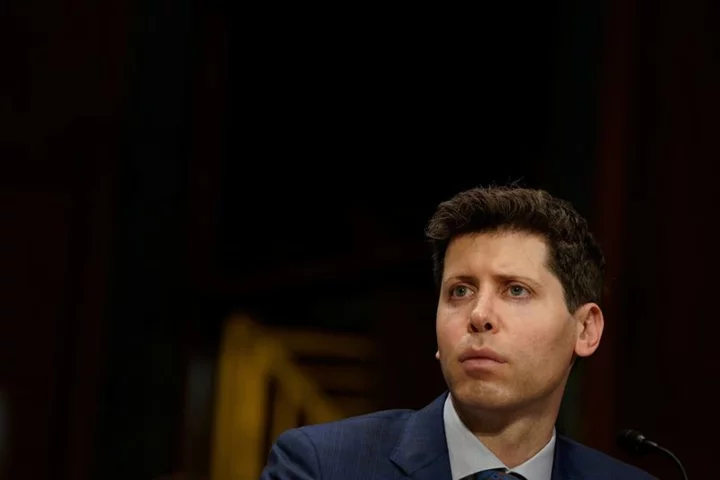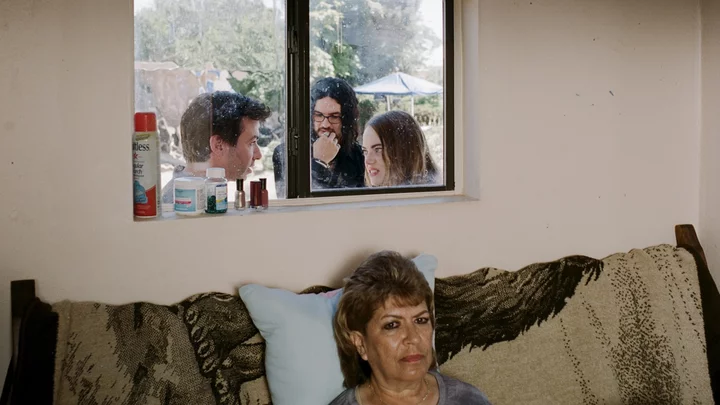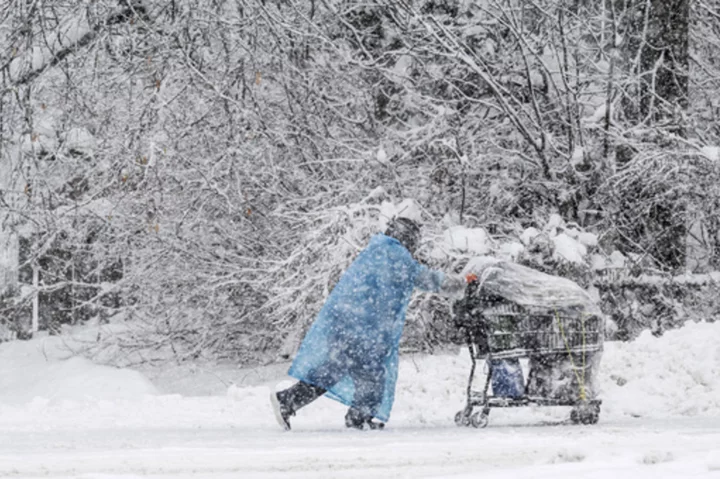
Climbing more than five flights of stairs a day can decrease the chances of heart disease, study suggests
Cardio isn’t so bad if you take it in small steps. Climbing at least 50 stairs each day could significantly slash your risk of heart disease, according to a new study. The research, published in the journal Atherosclerosis, found that ascending more than five flights of stairs daily could reduce the risk of cardiovascular ailments by about 20 per cent. Cardiovascular diseases such as Atherosclerotic cardiovascular disease (ASCVD) along with coronary artery disease and strokes are the leading causes of morbidity and mortality worldwide. “Short bursts of high-intensity stair climbing are a time-efficient way to improve cardiorespiratory fitness and lipid profile, especially among those unable to achieve the current physical activity recommendations,” said co-author Dr Lu Qi, HCA Regents Chair and professor at Tulane University’s School of Public Health and Tropical Medicine in New Orleans. “These findings highlight the potential advantages of stair climbing as a primary preventive measure for ASCVD in the general population.” For the study, researchers used data from a UK Biobank of 450,000 adults and participants were analysed based on their family history of cardiovascular disease as well as their genetic risk factors and established risk factors. Participants were also asked about their lifestyle habits and their frequency of climbing stairs, with the median follow-up time being 12.5 years. The results revealed that climbing more stairs daily reduced the risk of cardiovascular disease in those who were less susceptible, with Dr Qi saying the increased risk of heart disease in more susceptible people could be “effectively offset”. “This study provides novel evidence for the protective effects of stair climbing on the risk of ASCVD, particularly for individuals with multiple ASCVD risk factors,” Dr Qi added. ‘A significant training effect’ Dr Nicolas Berger, a senior lecturer in sport and exercise at England’s Teesside University, who was not a part of the study, says walking up staircases has more benefits than walking on a flat surface because it “requires the use of more muscles as well as some balance and gross motor skills.” He says even though these may be in “short bursts”, it still “requires a lot of activity from your cardiovascular system and that is why people often find themselves out of breath whilst climbing stairs. “These short, intermittent bursts of activity have large benefits in terms of reducing the risk of cardiovascular disease. They can significantly increase your heart rate and oxygen uptake and cause positive adaptations in the body,” Dr Berger adds. Although 50 steps a day might not seem like much “it can have a significant training effect.” This type of movement activates muscles such as the glutes, quads, hamstring and calves, as well as muscles in the core, Dr Berger says. If you are not much of a runner, Dr Berger suggests taking stairs may be a useful option. “It’s an attractive alternative to just walking or running for many, due to the easy access for most people in their houses or when out. “If there are no stairs available, walking up and down steep gradients also has similar benefits and demands. Getting up off the floor or low ground has benefits in terms of strength and balance, but not so much for the cardiovascular system. “Overall, incorporating this activity into daily habits for sedentary people, people at risk or anyone trying to stay healthy is a good suggestion,” he adds. Read More How many steps a day can cut risk of early death (and it’s not 10,000) Tread carefully: Do we really need to walk 10,000 steps a day? What I gained (and lost) by walking 10,000 steps each day for 5 months Is a four-day week a good idea? | You Ask The Questions 9 science-backed ways to lose weight without going on a diet A Japanese doctor who studied longevity — and lived to 105 — said if you must retire, do it well after 65
2023-09-30 00:06

Brazil: Lula tightens gun control amid surge in ownership
The Brazilian president has rolled back looser gun controls brought in by his far-right predecessor.
2023-07-22 08:15

Turkey's Erdogan labels Israel a 'terror state', slams its backers in West
By Huseyin Hayatsever and Tuvan Gumrukcu ANKARA (Reuters) -Turkish President Tayyip Erdogan said on Wednesday Israel was a "terror state"
2023-11-16 02:27

Higher gas prices lift Fed's preferred inflation gauge but underlying price pressures remain mild
An inflation gauge closely tracked by the Federal Reserve accelerated in August, boosted mainly by higher gas prices
2023-09-29 20:39

Michael B Jordan to direct Creed IV
Producer Irwin Winkler has confirmed Michael B. Jordan will be directing 'Creed IV'.
2023-11-19 16:00

Joe Biden confirms 14 Americans died in Israel, slammed for refusing to take questions after his speech
Joe Biden's remarks came two days after he was criticized for hosting a barbecue for his staff amid the ongoing crisis
2023-10-11 06:25

Patrick Mahomes is Actually Pretty Good According to Cris Collinsworth
VIDEO: Cris Collinsworth thinks Patrick Mahomes is good.
2023-09-08 08:51

Israel Government to Probe Police Use of NSO Group Spyware
Israel’s government established a commission to investigate whether police misused spyware in an inquiry that the attorney general
2023-08-27 22:01

Charlize Theron denies she's had bad plastic surgery, says she's simply aging
Charlize Theron knows she may be looking a bit different these days, and she's perfectly fine with that.
2023-08-21 22:15

OpenAI's Sam Altman launches Worldcoin crypto project
By Anna Tong (Reuters) -Worldcoin, a cryptocurrency project founded by OpenAI CEO Sam Altman, launches on Monday. The project’s core
2023-07-24 15:21

Migration 'only option' for many in Latin America: food aid chief
Many people in Latin America see migration as "the only option they have" after enduring successive crises of climate change, Covid and spiking food prices, the World Food Programme's...
2023-07-05 21:05

Emma Stone and Nathan Fielder spoof HGTV shows in 'The Curse' teaser
Ever wished home improvement shows came with more surrealism? Enter The Curse, from creators Nathan
2023-09-28 00:30
You Might Like...

China Stock Investors Say Worst Yet to Come in Property Crisis

Fans thrilled as ‘RHOP’ star Wendy Osefo announces new talk show

Justin Timberlake turns off Instagram comments in wake of Britney Spears’ memoir, Internet says 'he's over'

Anchorage adds to record homeless death total as major winter storm drops more than 2 feet of snow

Why is my hay fever so bad at the moment?

F1 given new deadline by Felipe Massa’s lawyers – who label Lewis Hamilton title a ‘sham’

Addison Rae's latest coffee run features stylish black mini skirt as she dips into Britney Spears' new memoir

Vegas Golden Knights win first Stanley Cup in dominant fashion: Best memes and tweets
